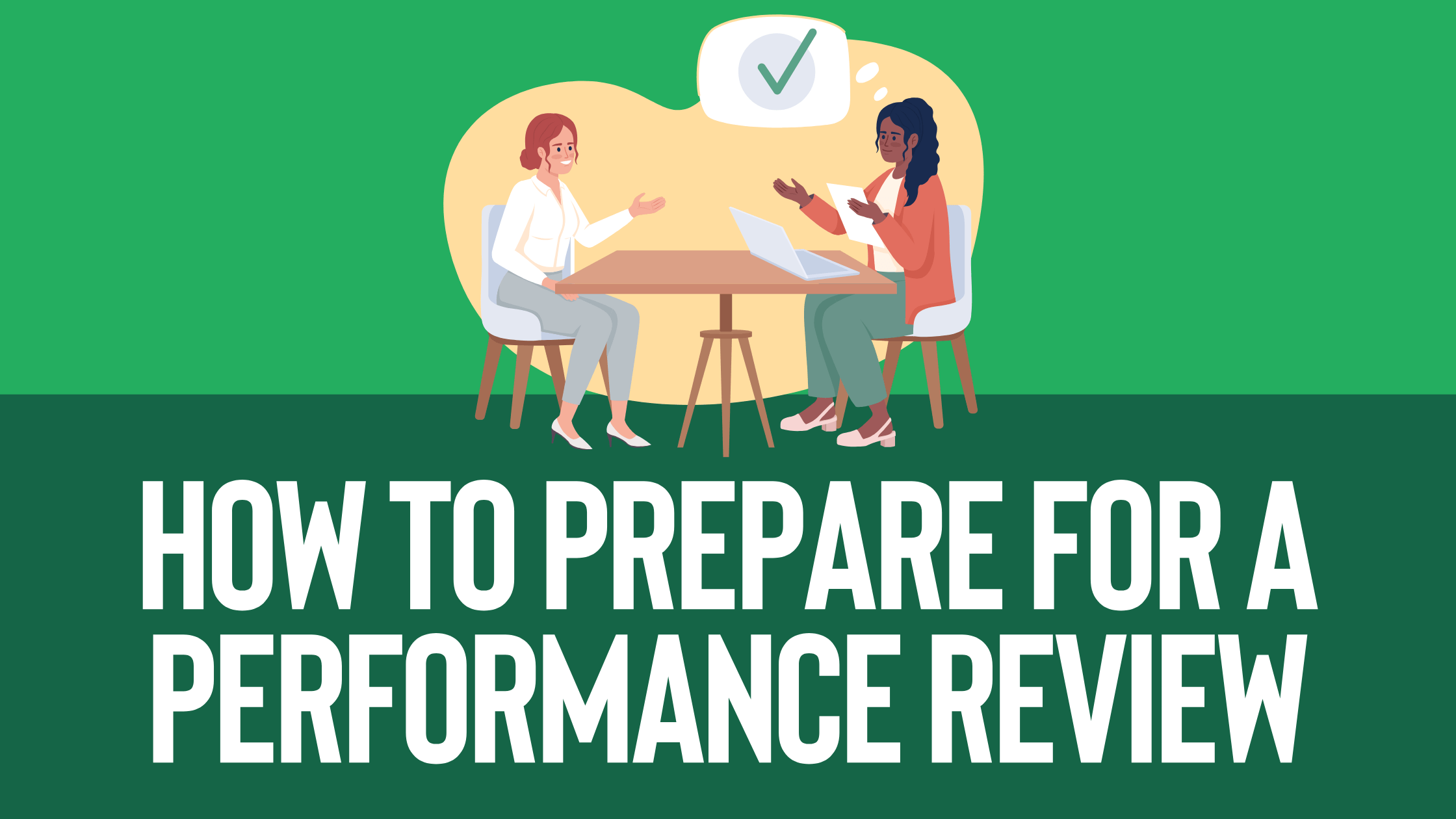

Performance reviews can seem super uncomfortable, but they’re a great opportunity to potentially make your job easier while increasing your income.
Annual review season is the perfect time to show how much you’ve grown in your role and how you’d like to shift in your current position to better align with your career goals. Not only that, but you get the chance to get on the same page as your manager about any miscommunications, misunderstandings, and expectations.
This is also the best time to ask for a raise. Organizations predict a 3.5% average base pay increase in 2025, according to Payscale’s 2025 Compensation Best Practices Report. That’s an average and not the number that all companies, nor all employees, will experience. Keep in mind that your raise may be lower or higher than that.
?
Companies are in a weird spot right now as they grapple with ensuring fair pay for employees while trying to optimize their spending in the current market conditions. You’ll have to get creative here. A raise can significantly impact your finances in all the best ways but how you go about asking for that raise may determine if you actually get one or not.
This is why we love performance review season. It’s the perfect time to potentially raise your income!
Key takeaways:
- Preparation starts with understanding your job description, the evaluation criteria, goals set for the year, and how you’ve grown in your role.
- Highlight your achievements in a result-based format and the actions you took to receive them.
- Show how your contributions directly impacted the business.
- Don’t miss out on this opportunity to talk about promotion opportunities and salary adjustments.
- Continue to track your accomplishments and keep an open line of communication with your manager following the review.
1. Review Your Job Description
It’s helpful to go back to your original job description and see how it’s changed over time. If you don’t have this handy, ask the human resources department at your company for a copy of the original job description.
Review this description and cross-reference it with your current role. Understand your role and responsibilities, then compare that with what you’ve done over the past year. Think about the projects you worked on, any new responsibilities that were added to your workload, and how your job might’ve changed.
?
2. Understand The Evaluation Criteria and Expectations
To fully understand how you’ll be assessed, first review the evaluation criteria. This may be presented in an internal portal to make comments on and submit before the official review. Revisit individual and team objectives as you think about your recent accomplishments and how they fit into those.
“Make sure you’re clear on the goals that were set for the year, and reflect on whether your behaviors aligned with expectations and where you exceeded them,” says Edel Holliday-Quinn, former Senior Human Resources Chief Leadership Psychologist at the Centre for Leadership Psychology.
3. Reflect on Goals and Achievements
There are various communication gaps we experience at work, especially with our leadership. We may often hold back communicating when we can’t handle the increasing responsibilities in our role or when we’re at the top of our game because we figure that management has already noticed. Because of this, you may lose sight of certain goals while also shrinking your achievements.
Reflect on any specific accomplishments, projects, and goals you’ve met since the last review. Even if you don’t think they’re a big deal, they are. Don’t leave anything out.
4. Showcase Your Achievements
Think of how you’d like to present these achievements in your review to accurately show the quality of your performance.
Just like you would highlight your accomplishments on your resume and in an interview, you’ll do the same in your performance review.
?
“Always be concise. Instead of listing tasks, tie your goals and achievements directly to outcomes and use specific examples and metrics wherever possible,” says Dovilė Gelčinskaitė, Senior Talent Manager at Omnisend.
For example, one of your accomplishments might be something along the lines of, “I spearheaded a last-minute project with an aggressive due date, which the team was able to launch on time and helped the program reach its metric goals of a 30% decrease in reported incidents and defects for the quarter.”
Other examples of results you could include:
- Success metrics from ticketing or project tracking software
- Reporting dashboards for product sales
- Productivity stats for you and your team
- A completed advertisement
- Marketing campaign performance metrics
Feedback from others that you work with cross-functionally may also help. “Include testimonials or input from key individuals who relied on your work,” Holliday-Quinn adds.
5. Identify Strengths, Areas for Improvement, and Updated Goals
Be ready to discuss what you excel at and how you're building your skills. Maybe you’re often the one who speaks up more than others in meetings, identifying a strength of strong communication. But you may also need improvement in your time management skills when your role requires that a majority of your time is spent in meetings. Your goals may reflect that theme as you discuss these different areas with your manager.
When looking at these strengths and weaknesses and how they played a part in this year’s objectives, also prepare suggestions for future objectives or skills you'd like to develop.
6. Prepare Questions
Your performance review isn’t only for talking about the past year. It also includes what to work on going forward. Use this time to take advantage of how you can grow through this conversation. Ask about career growth opportunities, feedback, or support for professional development.
Example questions:
- What areas do you think I excel in, and where could I improve?
- What opportunities are available for career advancement or skill development in the coming year?
- What are the key goals or priorities for my role/team this year, and how can I best contribute to achieving them?
- With the growth I’ve had in this role and the results I’ve delivered, can we revisit my salary to better match my contributions?
?
This is also where you can ask for a raise! You’ve already given them all the data they need for why you deserve one. Our free Market Research Guide, salary negotiation scripts and free Salary Negotiation Guide will help you make sure you don’t leave any money on the table.
What’s next?
Once everything is prepared, rehearse how to present your achievements, discuss challenges, and talk about pay. And don’t get too hung up on the scoring part of the evaluation.
“Recognise that scoring above the standard benchmark is often challenging,” Holliday-Quinn says, “Benchmark systems are designed to identify and reward exceptional performance. Meeting the standard benchmark is still an achievement, so don’t undervalue that.”
Following your review, establish a way to have an open line of communication for on-going periodic reviews and feedback throughout the year, such as bi-weekly or monthly one-on-one meetings. Continue to track your accomplishments throughout this time in a Google spreadsheet or anything that you can quickly and easily access.
?
Reviews are a two-way street, just like an interview. There are two people here, and at the end of the day they both want the same things – a smooth meeting with clear takeaways and more money in their pockets.
Don’t forget to browse our other resources as you navigate your career:
- How to Find Your Market Rate
- What is Pay Discrimination?
- 9 Salary Negotiation Myths Debunked
- How to Negotiate Benefits
- A Guide to 401(k) Rollovers
That wraps it up for this week. Until next time, stay awesome, stay strong, and keep advocating for yourself no matter what! I’m Daniella Flores, a former engineer who writes about tech, money, and careers, a current member of the CNET Money Expert Review Board, and career researcher that’s appeared in TIME, CNBC, and Investopedia (among many others). I’m extremely passionate about workers' rights and financial freedom, so it’s a pleasure to be able to bring you this type of content through the Salary Transparent Street blog (thank you for the opportunity, Hannah!) You can also follow me on Linkedin. Chat soon!
If this guide helps you land a higher-paying job, let us know! Send us an email ➡️ hello@salarytransparentstreet.com
For more Salary Transparent Street resources:
- Want to join the movement? Explore thousands of individually reported salaries nationwide across all industries in our Salary Database!
- Do you know if you're being underpaid? Take our free quiz to find out!
- Need help determining your market rate? Download our free Market Research Guide to learn what you should be making.
- Need help negotiating your salary? Download our free Salary Negotiation Guide!
- Follow us on TikTok, Instagram, Facebook, YouTube and LinkedIn for daily pay transparency interviews and career news you can use!
- Subscribe to our weekly newsletter for news updates, professional deep dives, learning opportunities, and more!


